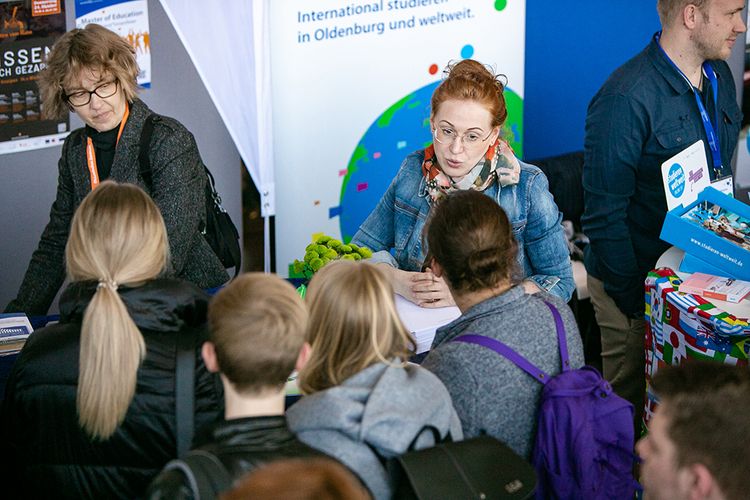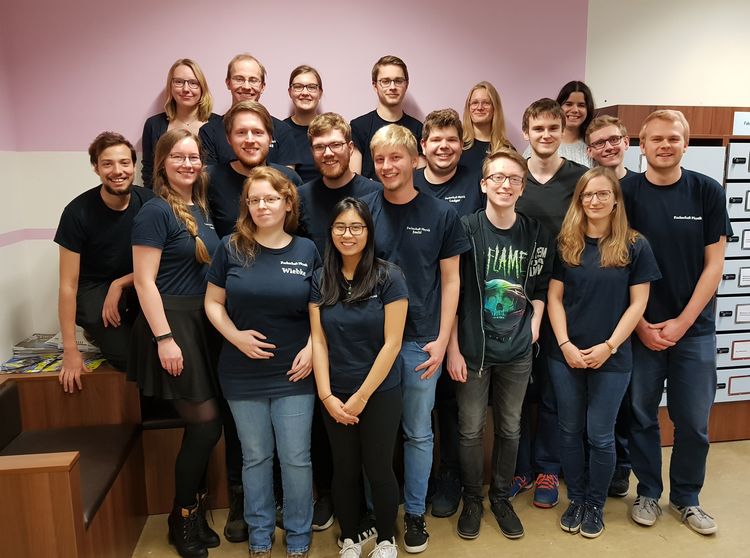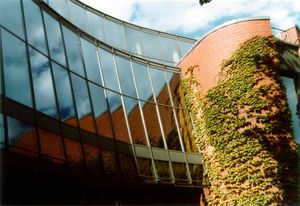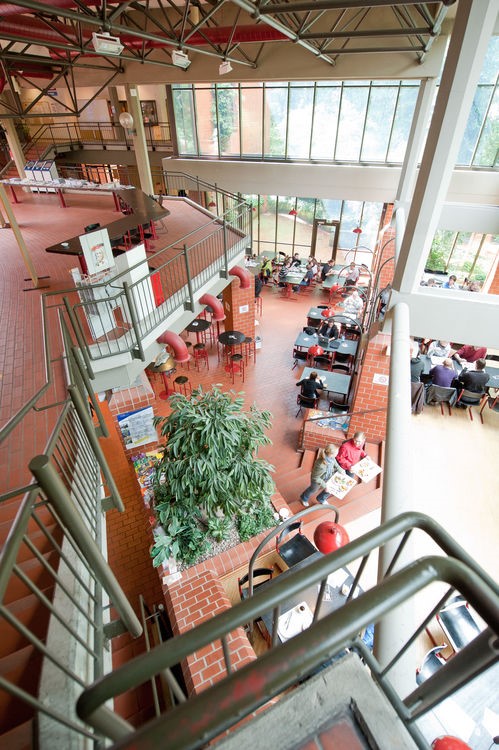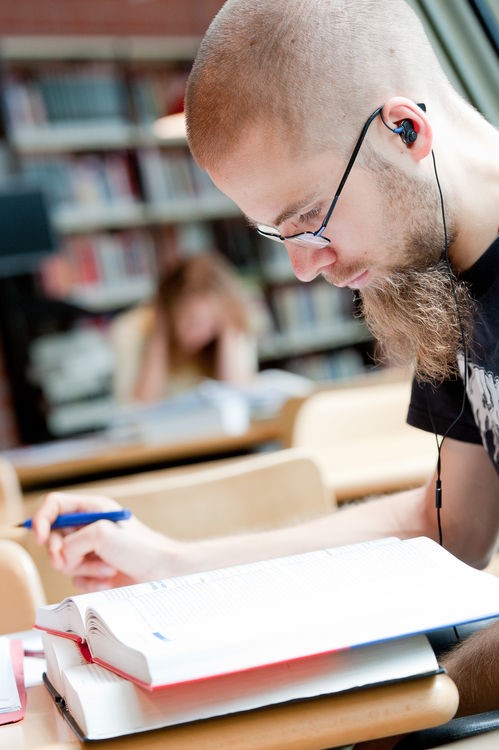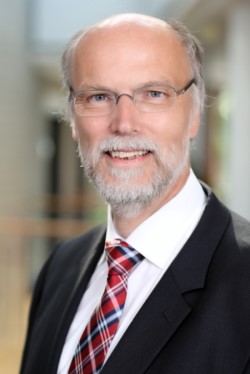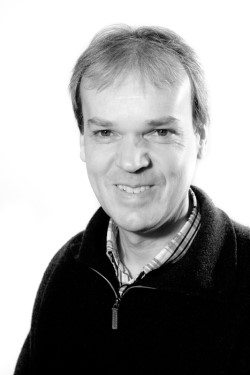Master's degree in Physics, Technology and Medicine (PTM)
Further information
Study programs
uol.de/study/study-offers
Offers for prospective students
uol.de/study/study-decision
Master's degree in Physics, Technology and Medicine (PTM)

A career as a scientist in medical research, industry or the clinic with a focus on medical technology, neuroscience or acoustics requires an education with a suitable mix of theory and practice.
The Master's degree program "Physics, Technology and Medicine" teaches and combines the practical and interdisciplinary skills of physics and electrical engineering with the theoretical skills of medicine, biology and psychology. The focus on hearing and speech research as well as neurophysics, neurotechnology and medicine provides students with an excellent education in the field of medical technology and an entry into an excellently recognized field of research and a wide range of career options in industry, clinics and universities.
As a location, the University of Oldenburg offers an excellent link to the "Hearing4all" cluster of excellence and thus demonstrates a high degree of interdisciplinarity between physics, medicine, acoustics and neuroscience. The course offers early research contacts and the opportunity to work at university and non-university institutes such as Fraunhofer, HörTech and Hörzentrum Oldenburg.
Your studies in detail - by students for students
Finding a degree course is not easy for many people and that's perfectly fine. After all, you want to stay on this course for the next two years and not realize after one or two semesters that you don't like physics, medicine, etc. at all. We assume that you do like these subjects and that's why you're here. Because we didn't have an easy time choosing our degree course either, but definitely don't regret it now, we would like to share our impressions and experiences of the Physics, Technology and Medicine degree course with you. Since not everything we can and would like to say fits on an A4 flyer, we will do so here in detail. We hope that we can help you with your decision.
That's all we can tell you about our PTM degree program in a nutshell. If you still have questions, you are welcome to contact the responsible lecturer PD Dr. Stefan Uppenkamp, whose contact details can be found at the top left of this page. You can find everything else under the "Apply and enrol" tab.
We hope that we will soon be able to welcome you as a fellow student!
Special access requirements
Sufficient German and English language skills must be demonstrated for this degree program:
- Proof of German language skills at level B2 for applicants whose native language is not German.
- Proof of English language skills at level B2 for applicants whose native language is not English or who have neither an English university entrance qualification nor a first university degree in an English-language degree program.
For more information on the admission requirements and the application for admission, please refer to the admission regulations.
Application
With a German university entrance qualification: You apply online at the University of Oldenburg.
EU or international applicants: You apply via uni-assist e.V.
Detailed information and deadlines can be found at uol.de/studiengang/bewerben/physik-technik-medizin-master-608/freshman/de

